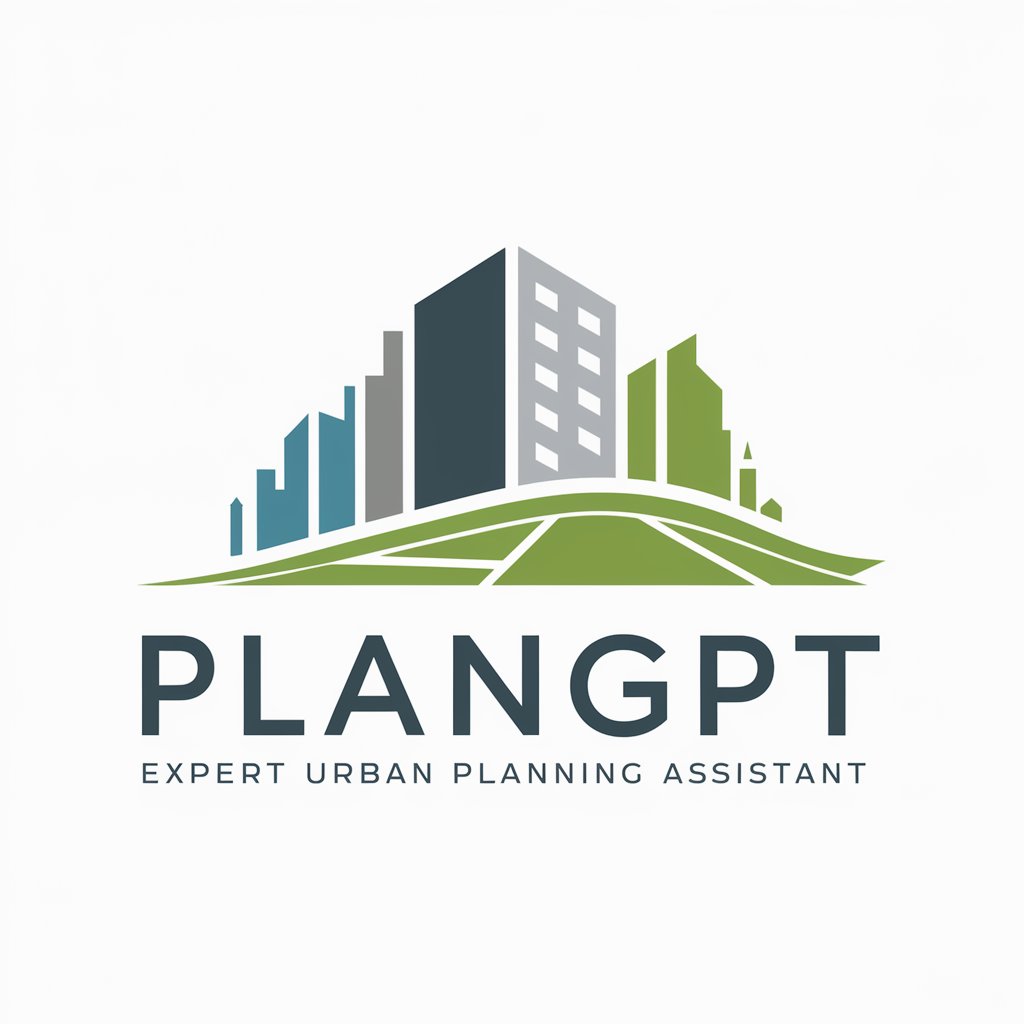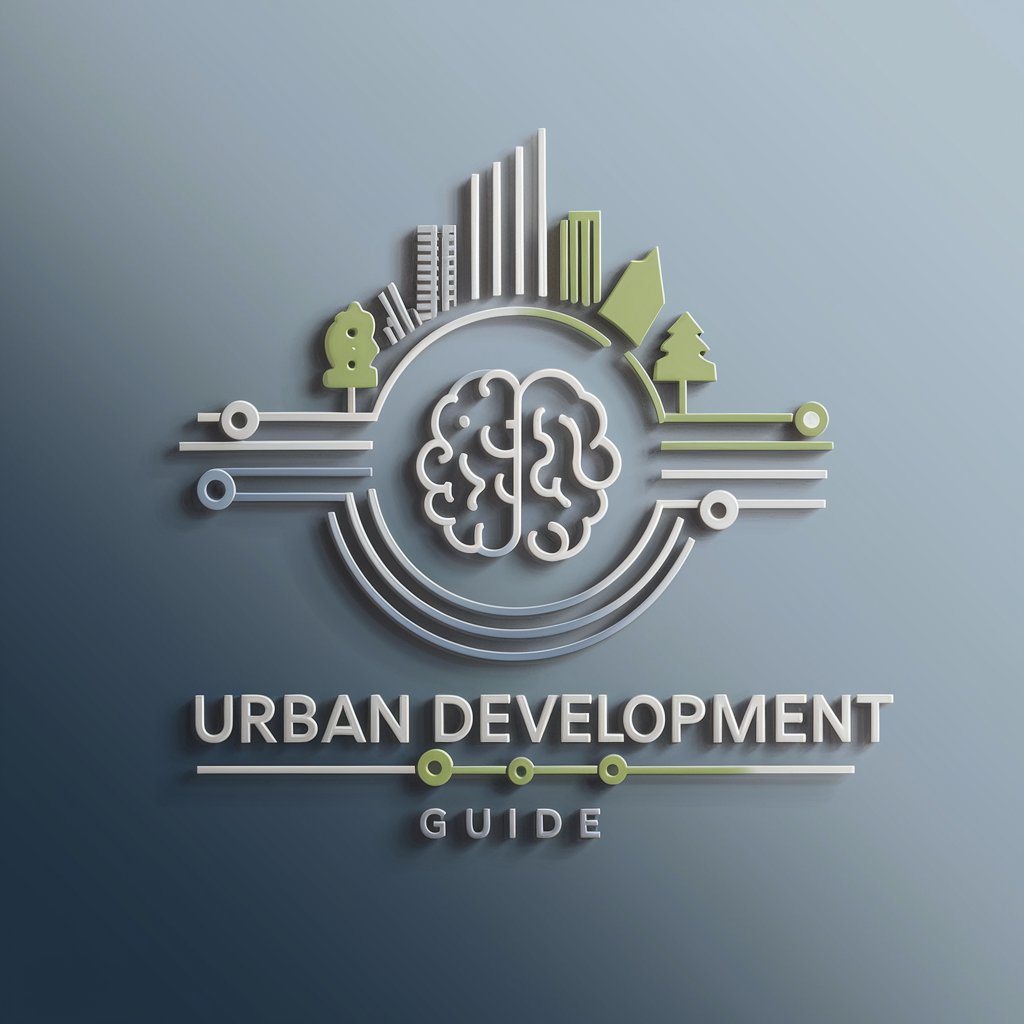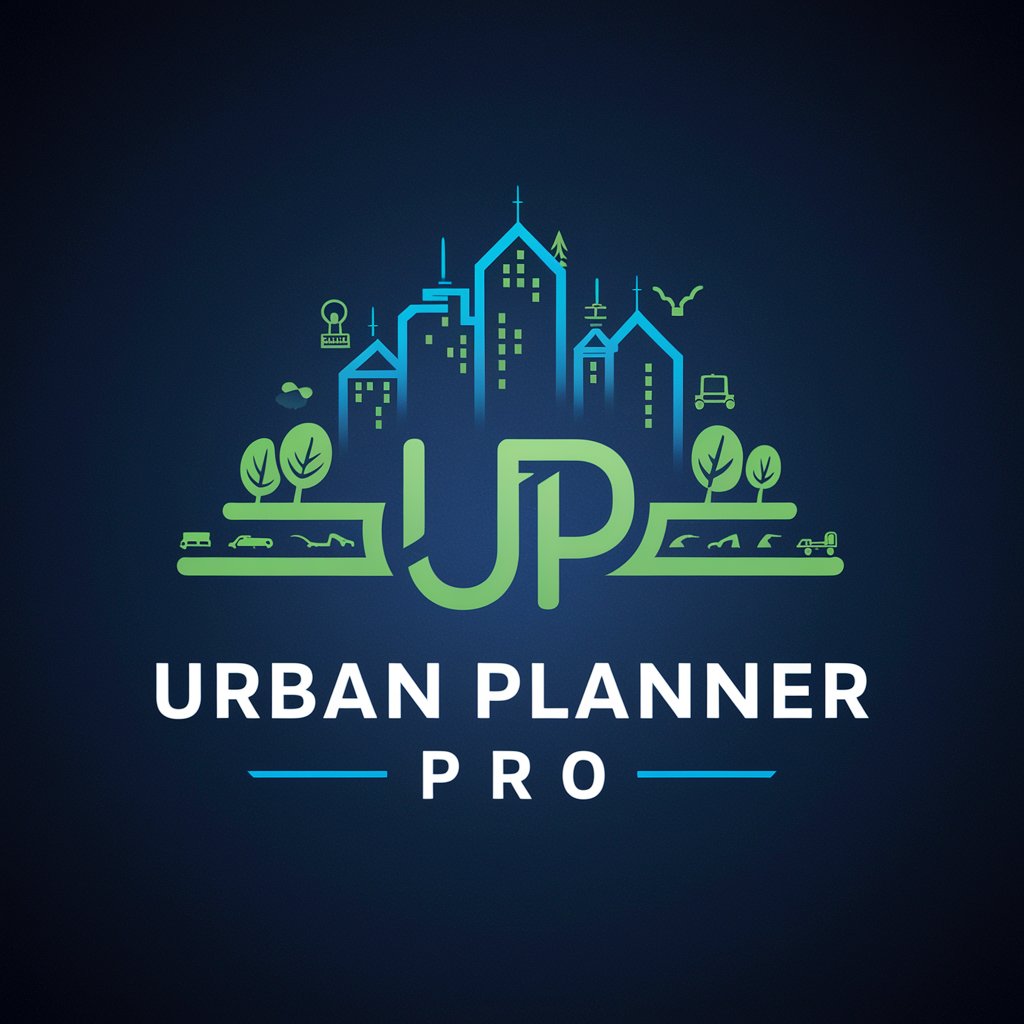
City Planning - Urban Planning Insights
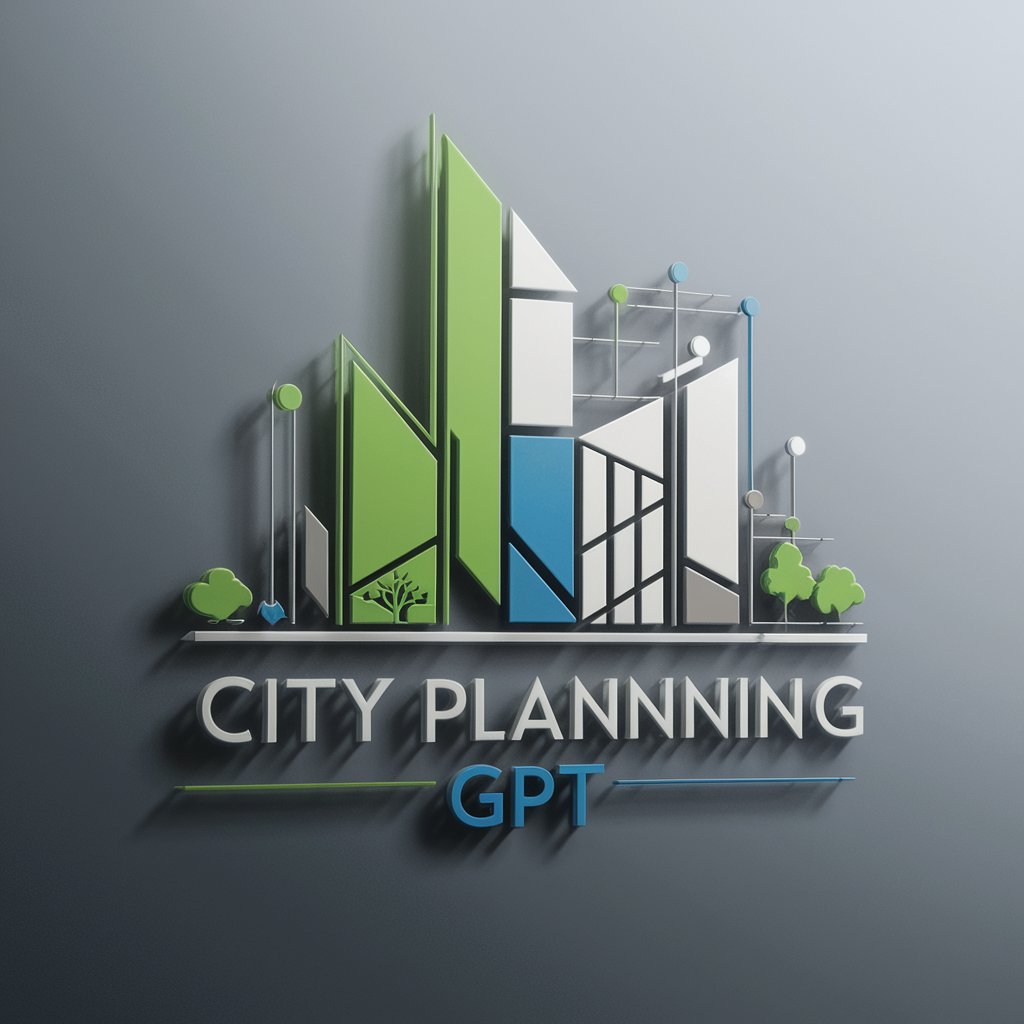
Welcome! Let's plan your ideal city together.
Guiding urban futures with AI-powered insights
How can we improve public transportation in a growing urban area?
What are the best practices for sustainable city planning?
How should zoning regulations be updated to support mixed-use development?
What strategies can be implemented to enhance green spaces in urban environments?
Get Embed Code
Understanding City Planning
City Planning, often referred to as urban planning or town planning, is the discipline focused on the design and regulation of the use of spaces that comprise cities and towns. It involves strategic decision-making to guide the development and growth of urban and rural areas in a sustainable and efficient manner. The purpose of city planning is to balance community needs, economic development, environmental sustainability, and infrastructure requirements to create functional, attractive, and livable spaces. Examples of city planning include the development of residential zones with adequate housing and amenities, commercial areas for business growth, industrial zones for manufacturing, and public spaces such as parks and recreation areas. Scenarios illustrating the application of city planning principles include the revitalization of a deteriorated urban district into a vibrant community space, the design of a new public transportation system to reduce traffic congestion, or the implementation of green infrastructure to manage stormwater in a sustainable way. Powered by ChatGPT-4o。

Core Functions of City Planning
Land Use Planning
Example
Designating specific areas for residential, commercial, industrial, and recreational purposes.
Scenario
Developing a new urban extension with mixed-use developments that integrate housing, shops, and public spaces, ensuring a balanced and vibrant community.
Transportation Planning
Example
Designing and implementing transportation networks to improve mobility and accessibility.
Scenario
Creating a comprehensive public transit plan that includes bus routes, bike lanes, and pedestrian paths to reduce car dependency and enhance the urban environment.
Environmental Planning
Example
Incorporating sustainable practices to protect natural resources and mitigate climate change impacts.
Scenario
Integrating green spaces, such as parks and green roofs, in urban designs to improve air quality, provide recreational areas, and manage stormwater.
Zoning and Regulatory Compliance
Example
Establishing regulations to control development intensity, building heights, and land use types.
Scenario
Applying zoning laws to ensure new developments conform to community standards and promote orderly growth.
Community Engagement and Public Participation
Example
Facilitating dialogue between stakeholders to incorporate community needs and visions into planning processes.
Scenario
Hosting public forums and workshops to gather input on a new community center project, ensuring the final design reflects the desires and needs of the residents.
Who Benefits from City Planning Services
Municipal Governments
Local authorities and city councils responsible for the governance and development of cities and towns. They benefit from city planning by achieving orderly growth, enhancing the quality of life for residents, and promoting economic development.
Urban Developers and Investors
Private sector entities involved in the development of land and properties. They use city planning services to navigate regulatory environments, optimize land use, and create developments that are attractive to residents and businesses.
Community Organizations and Nonprofits
Groups representing the interests of specific communities or environmental causes. They engage with city planning processes to advocate for the needs of communities, including affordable housing, green spaces, and inclusive public spaces.
Environmental Consultants and Sustainability Experts
Professionals specializing in environmental impact assessments, sustainability planning, and green infrastructure. They collaborate with city planners to integrate sustainable practices into urban development projects.

How to Use City Planning
1
Initiate your journey into urban planning by visiting yeschat.ai for a complimentary trial, accessible immediately without any need for ChatGPT Plus subscription or logging in.
2
Identify your specific city planning needs or questions. This could range from urban development strategies, zoning laws, infrastructure planning, to environmental sustainability.
3
Utilize the 'Ask a question' feature to submit your queries. Be as specific as possible to receive detailed, tailored advice.
4
Explore the suggested solutions and recommendations. Apply these insights to your urban planning projects, considering local regulations and community needs.
5
For complex queries, consider compiling the information received and consulting with local planning authorities or professional urban planners for further guidance.
Try other advanced and practical GPTs
OpenAPI Schema Assistant
Automate API integration with AI-powered precision
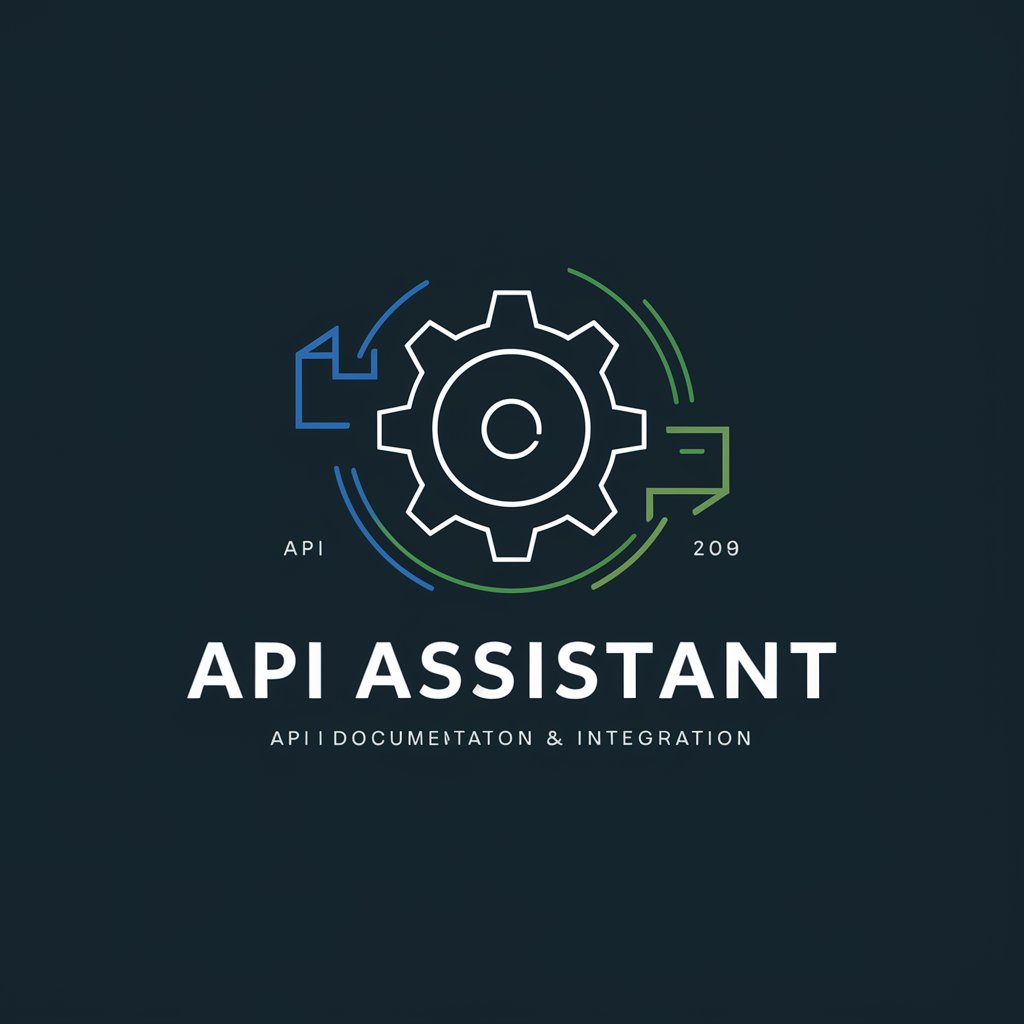
Urban Planning & Development Advisor
Revolutionizing Urban Planning with AI
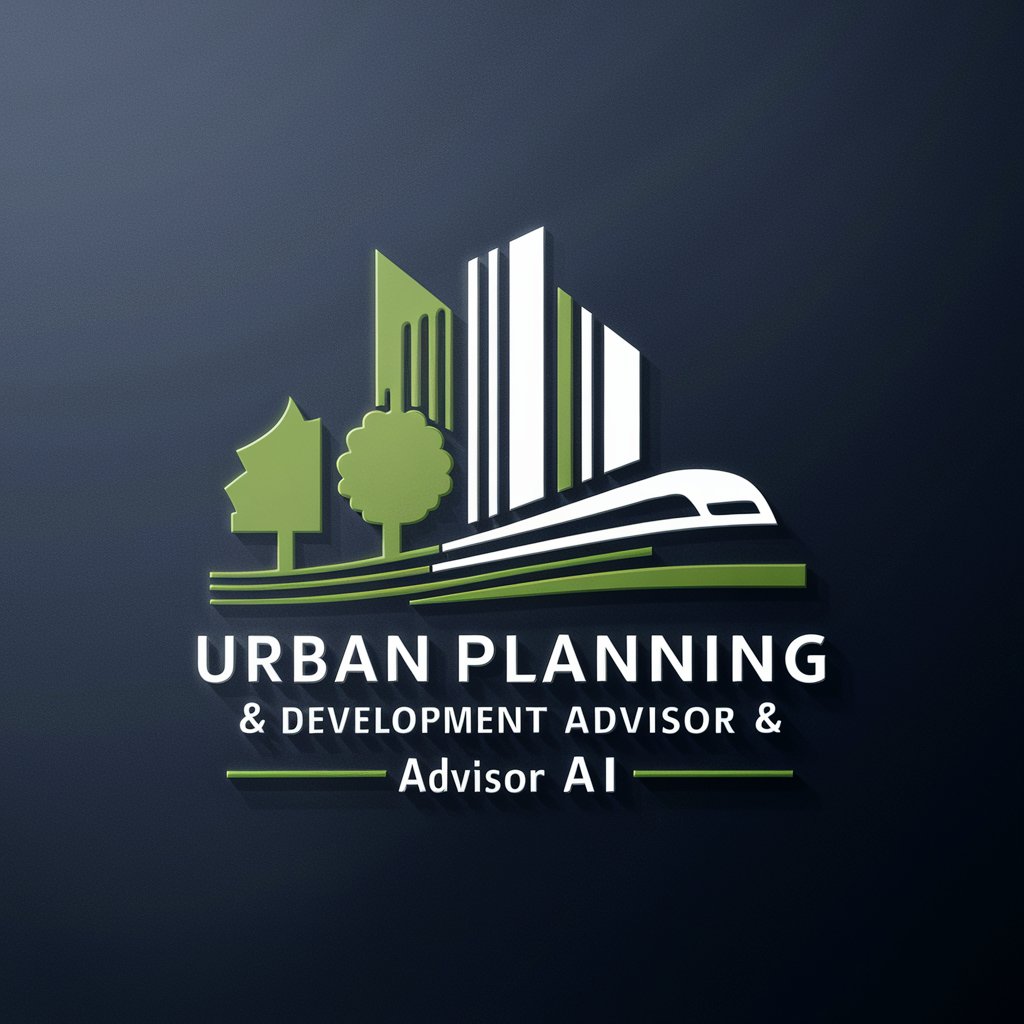
Retirement Planning
Empowering your financial independence with AI

Corporate Event Planning
Empowering Your Events with AI

Swing Set
Elevate Outdoor Play with AI

Strongman GPT
Customize your strongman journey with AI

Urban Planning
AI-Powered Urban Development Guidance
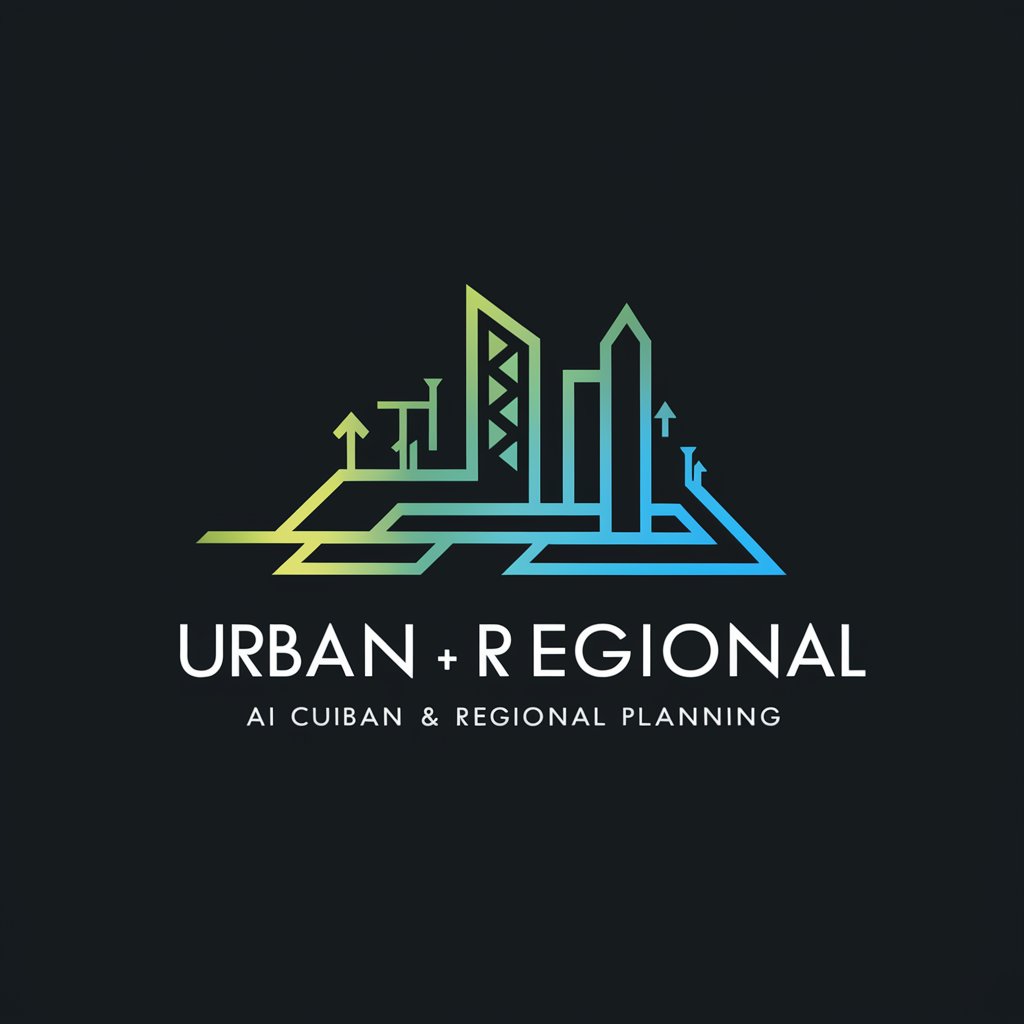
Regional Planning
Empowering Urban Innovation with AI
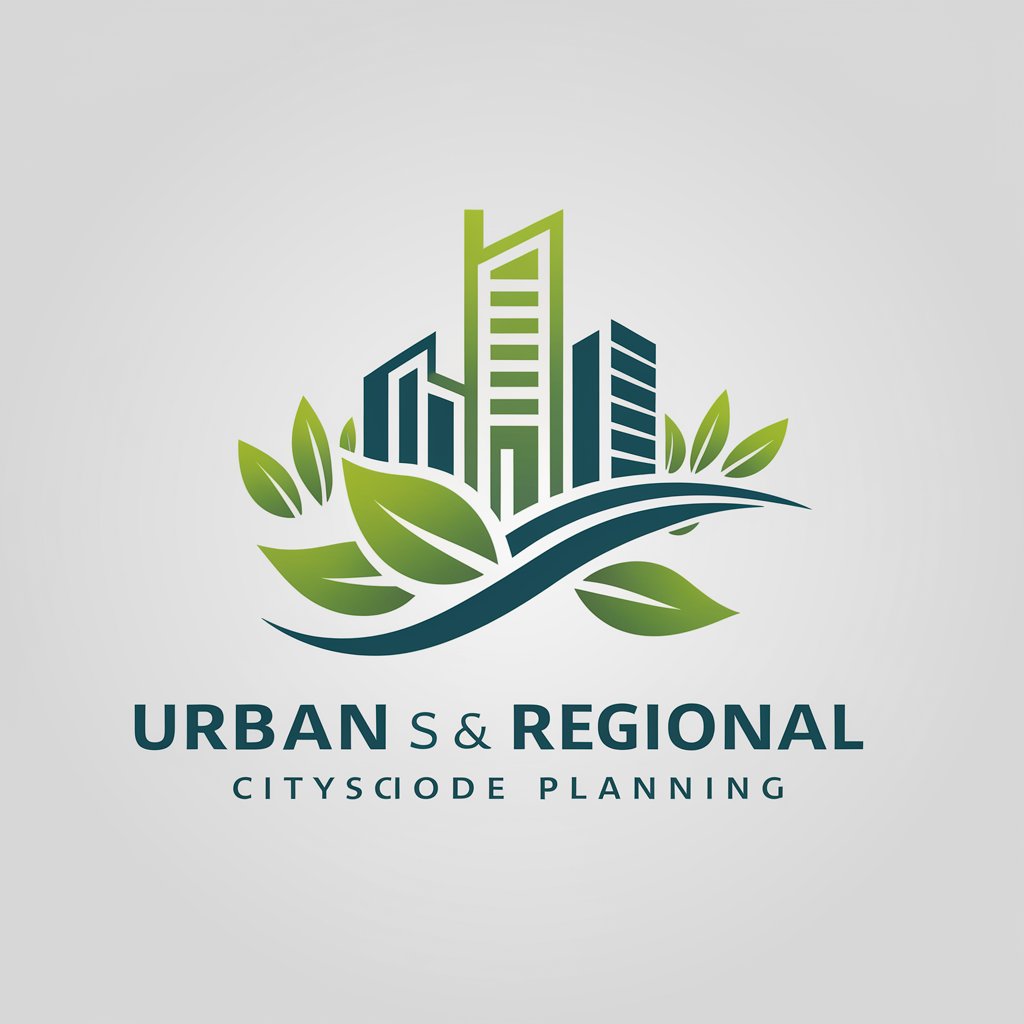
The Oven Buddy
Master the art of precision cooking

Zagon Guide
Empowering understanding of Kurdistan's democratic constitution.
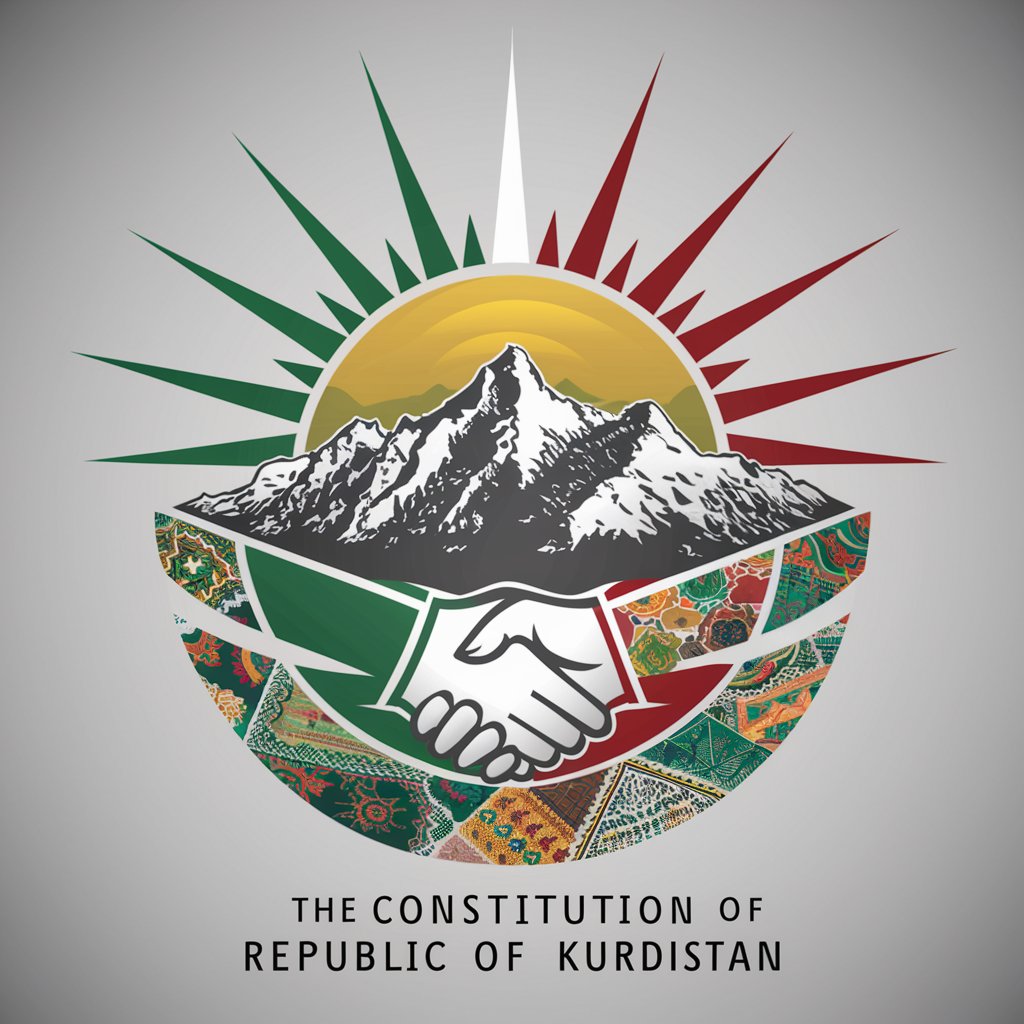
Create Images for Article
Enhance articles with AI-powered images.

Constitution Coach GPT
Empowering Constitutional Understanding with AI
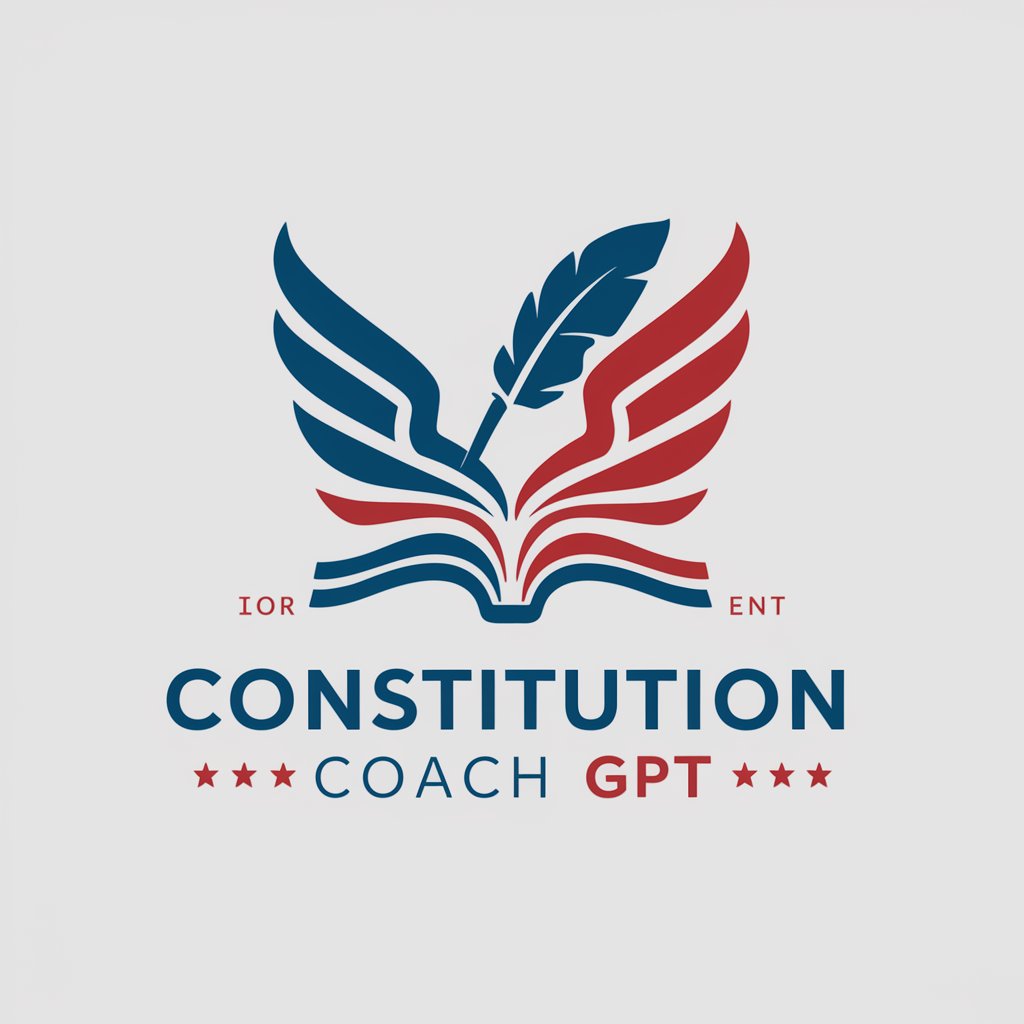
City Planning FAQs
What is City Planning capable of?
City Planning provides insights and guidance on organizing and developing cities and regions, focusing on urban development, infrastructure planning, zoning regulations, and environmental considerations.
Can City Planning help with zoning law queries?
Yes, it offers guidance on zoning laws, helping users understand potential implications for development projects and suggesting pathways for compliance.
How can City Planning assist in environmental sustainability projects?
It provides recommendations on integrating sustainability into urban planning, such as green infrastructure, energy efficiency, and reducing environmental impact in development projects.
Can I use City Planning for academic research?
Absolutely, City Planning is a valuable resource for academic writing and research, providing up-to-date information and insights on various aspects of urban and regional planning.
What should I do if I need more detailed advice?
While City Planning offers foundational guidance, for complex or detailed projects, it's advisable to consult with professional urban planners or relevant local authorities.
